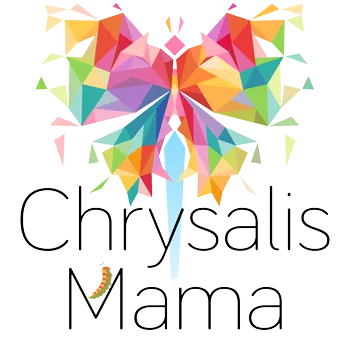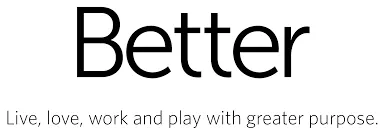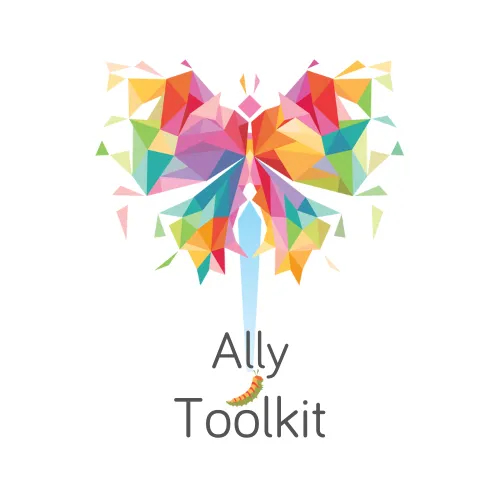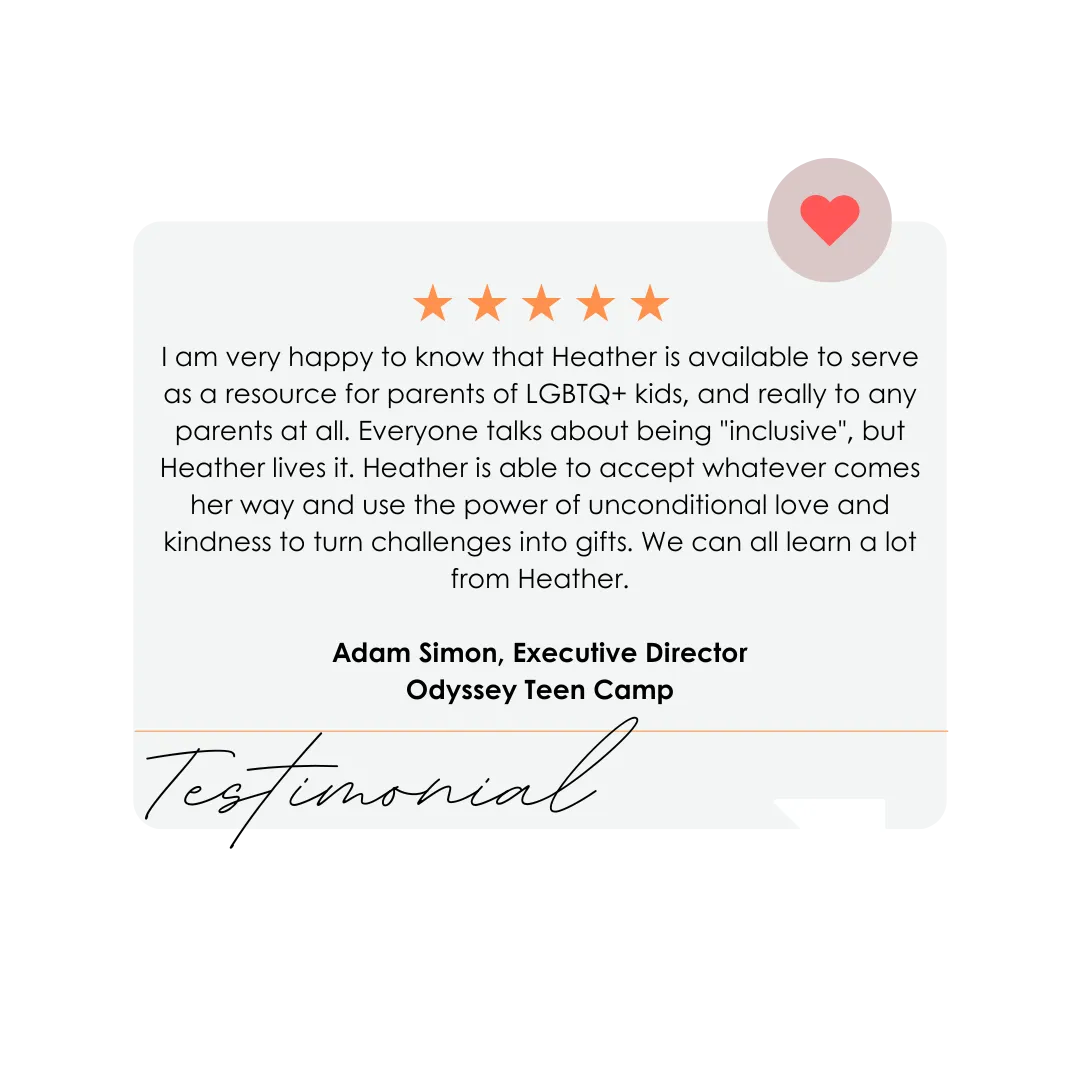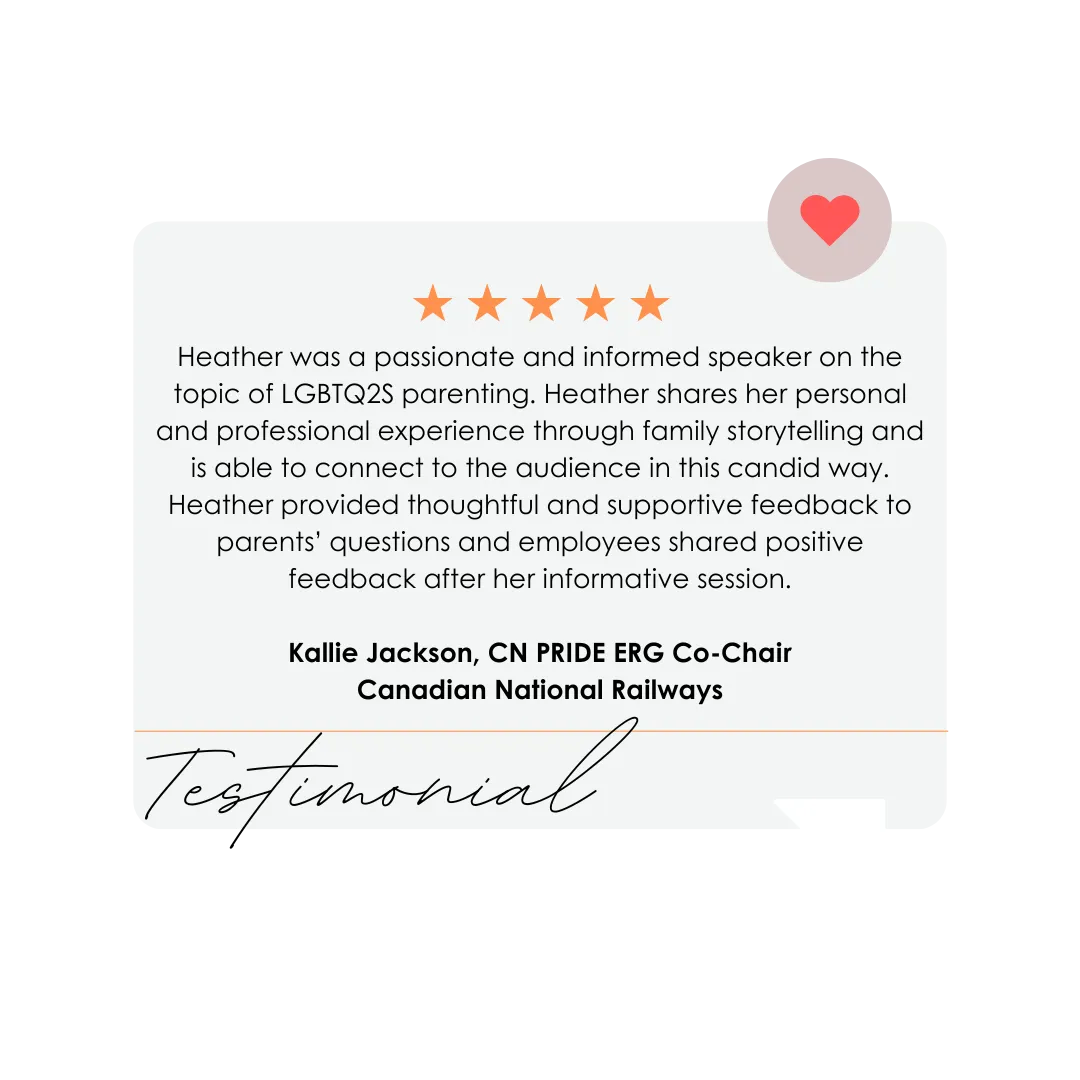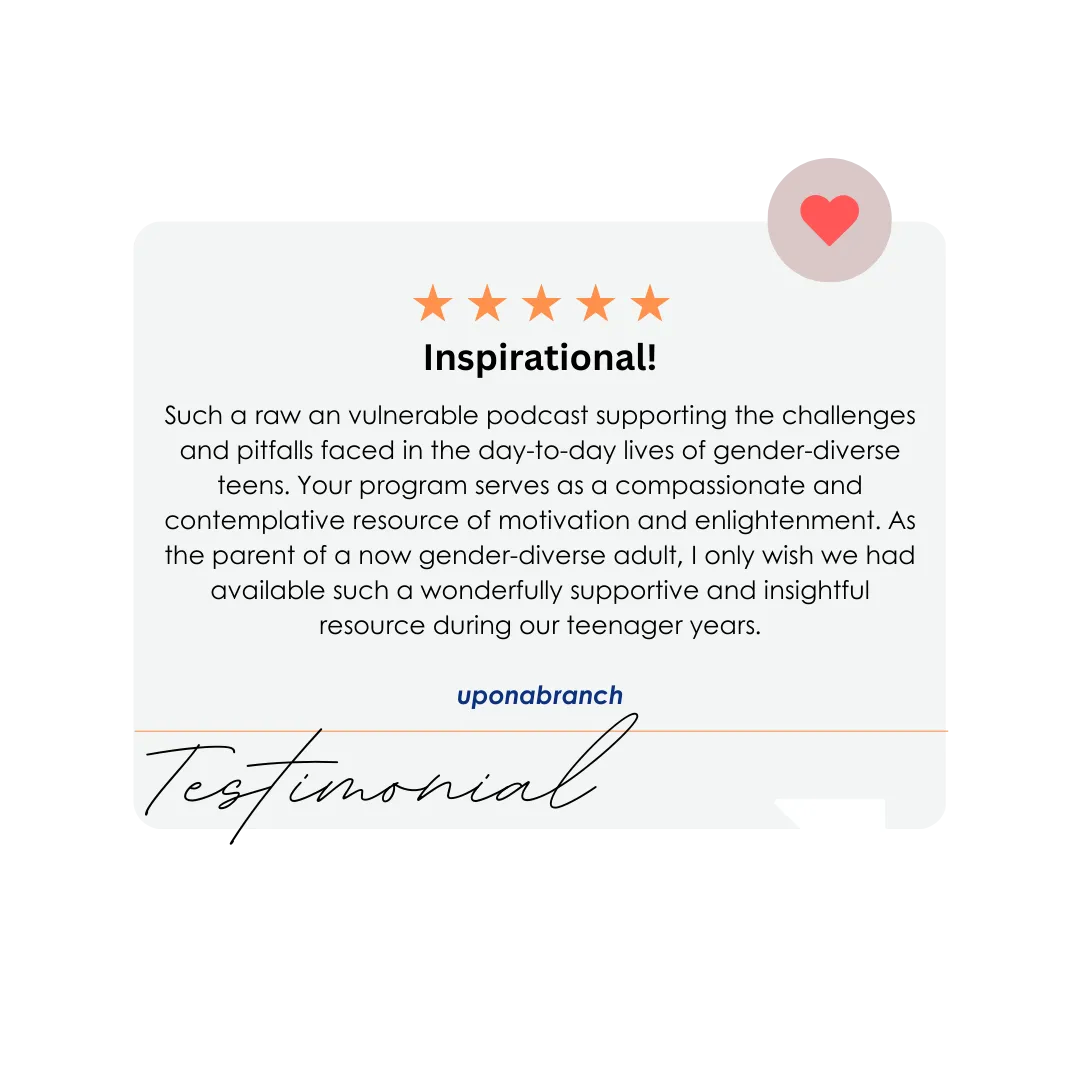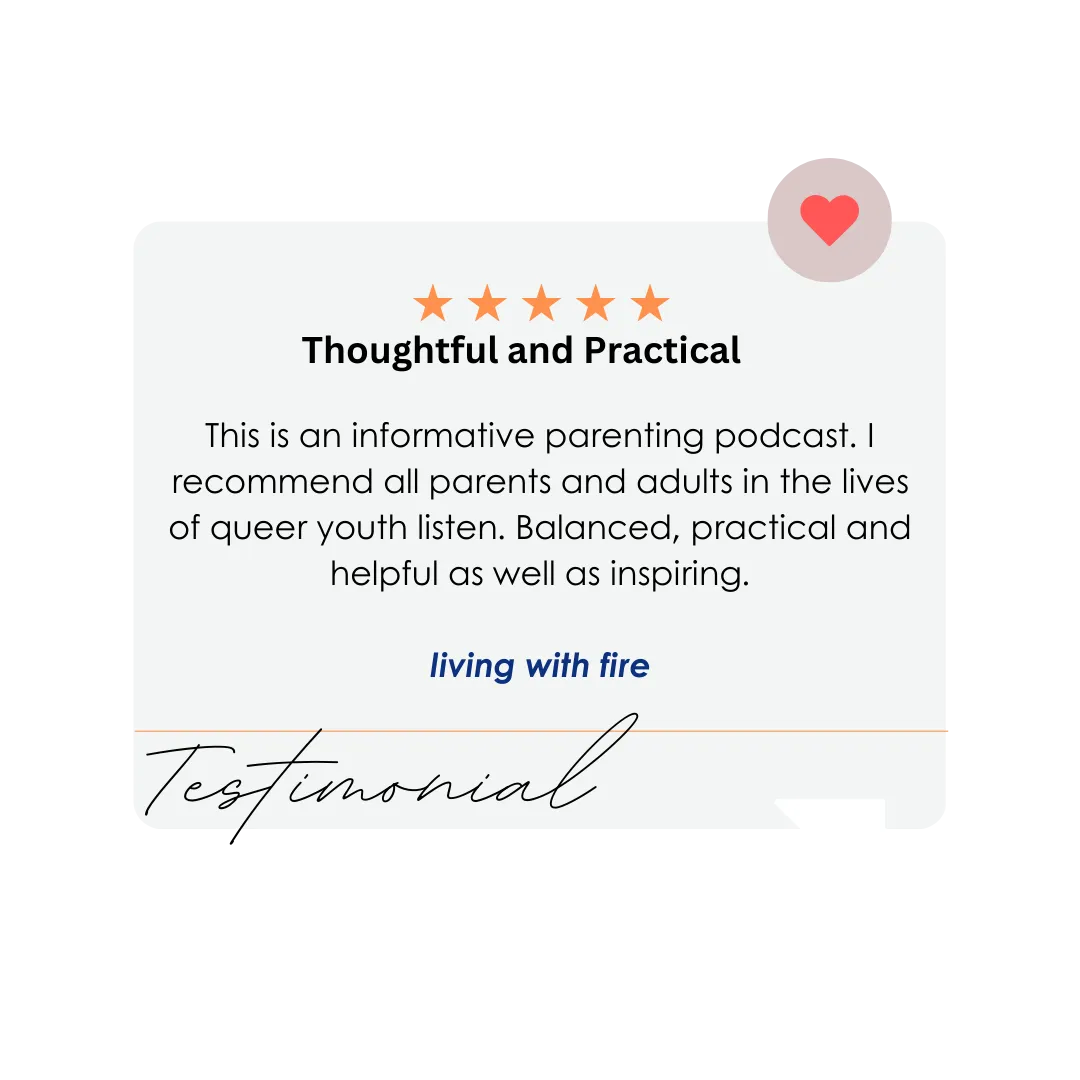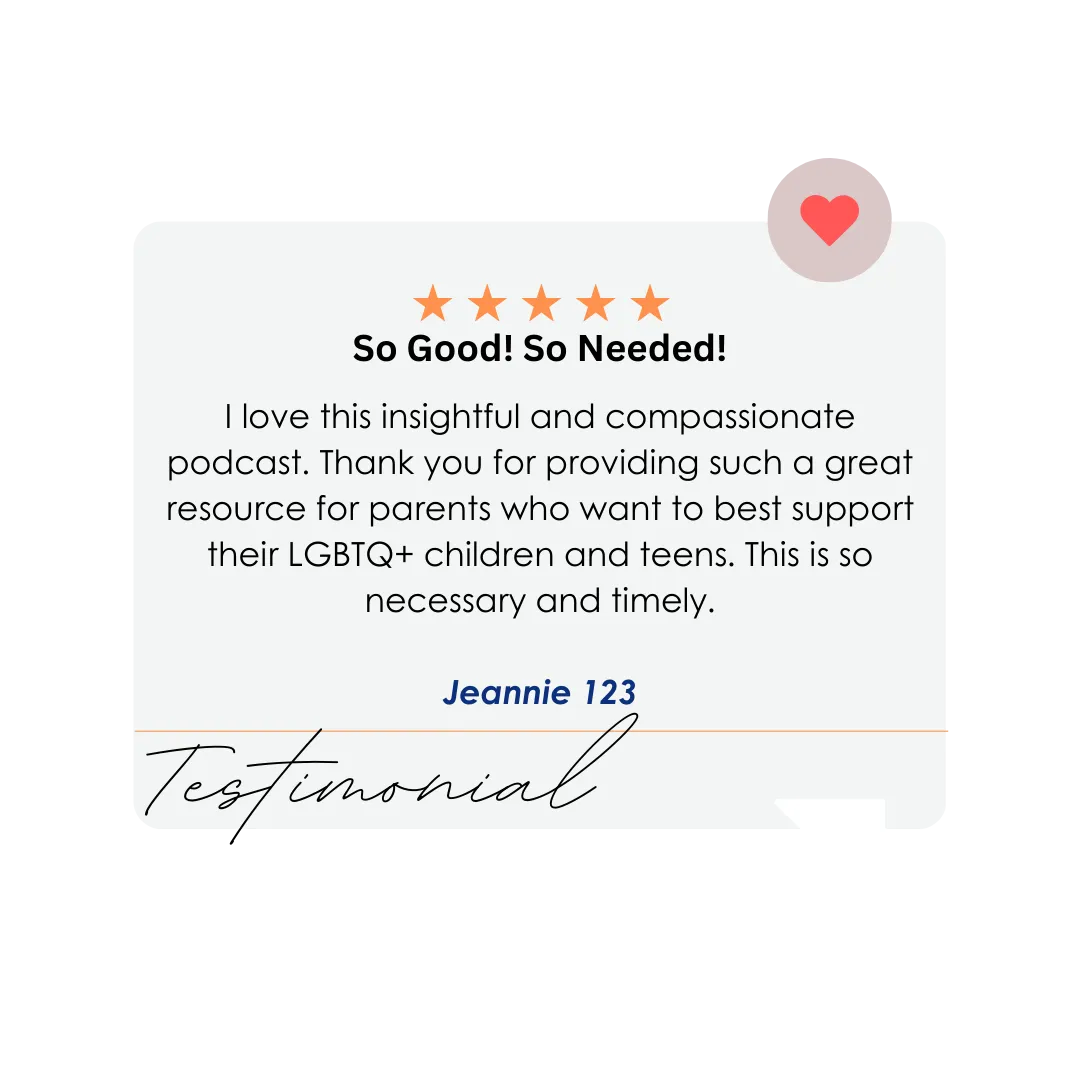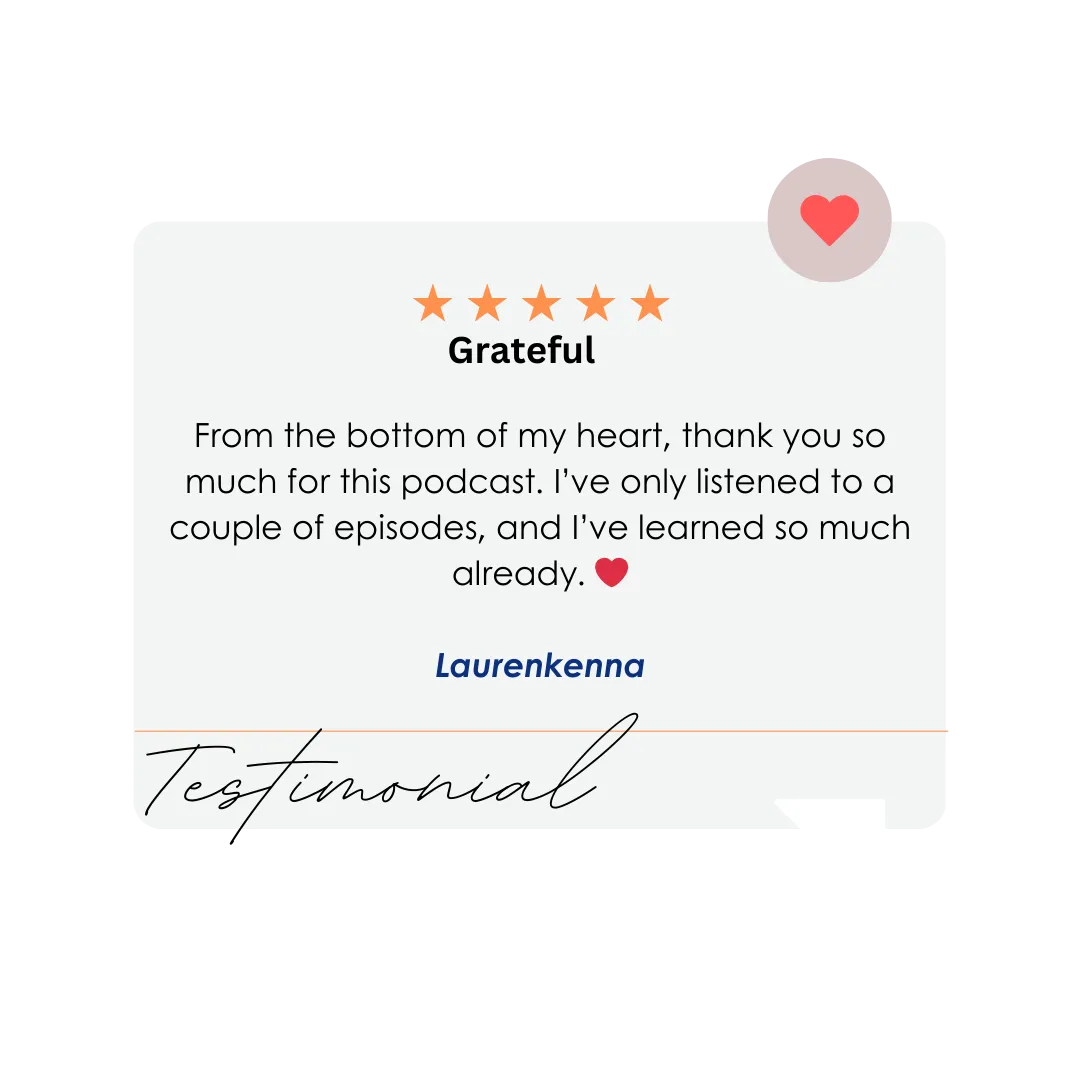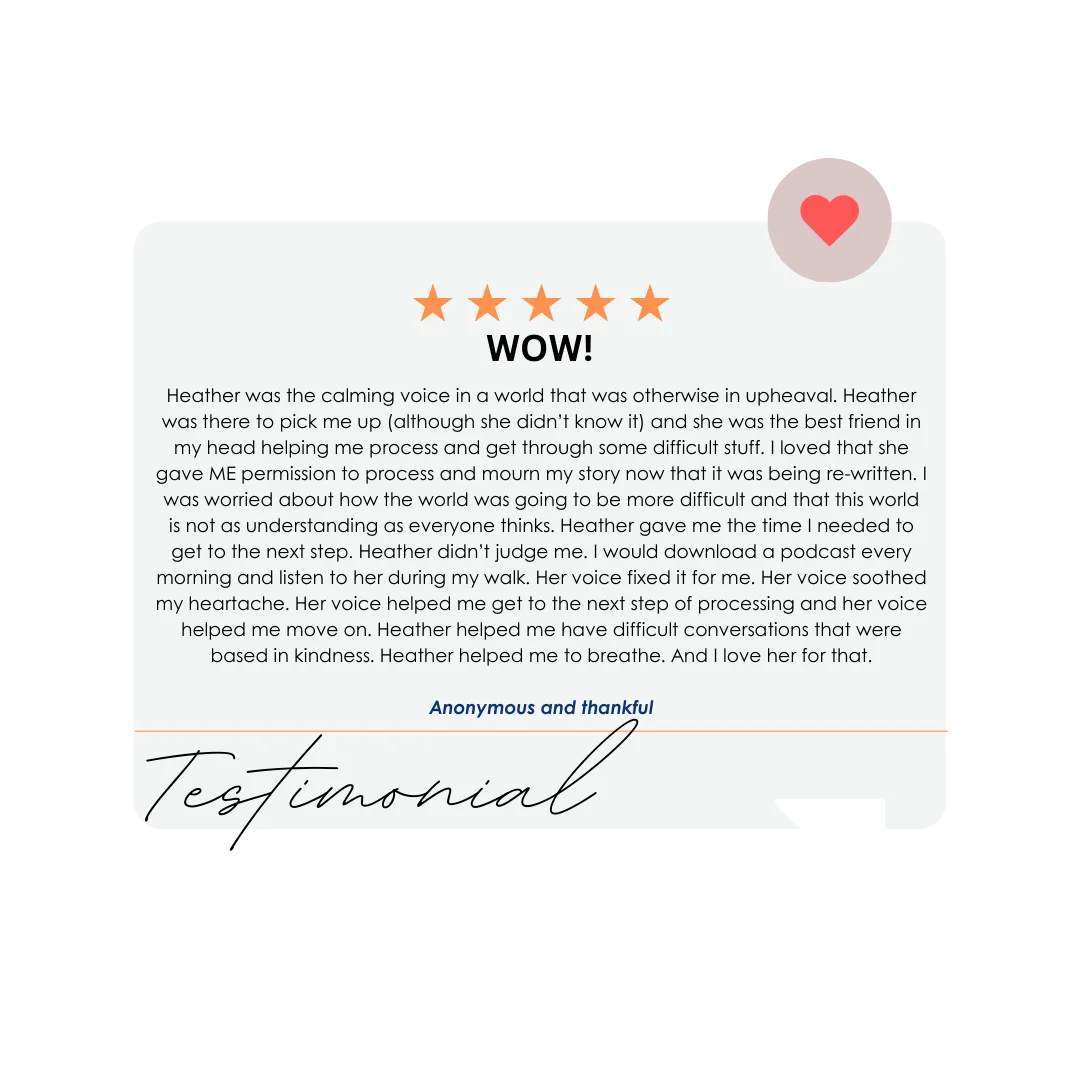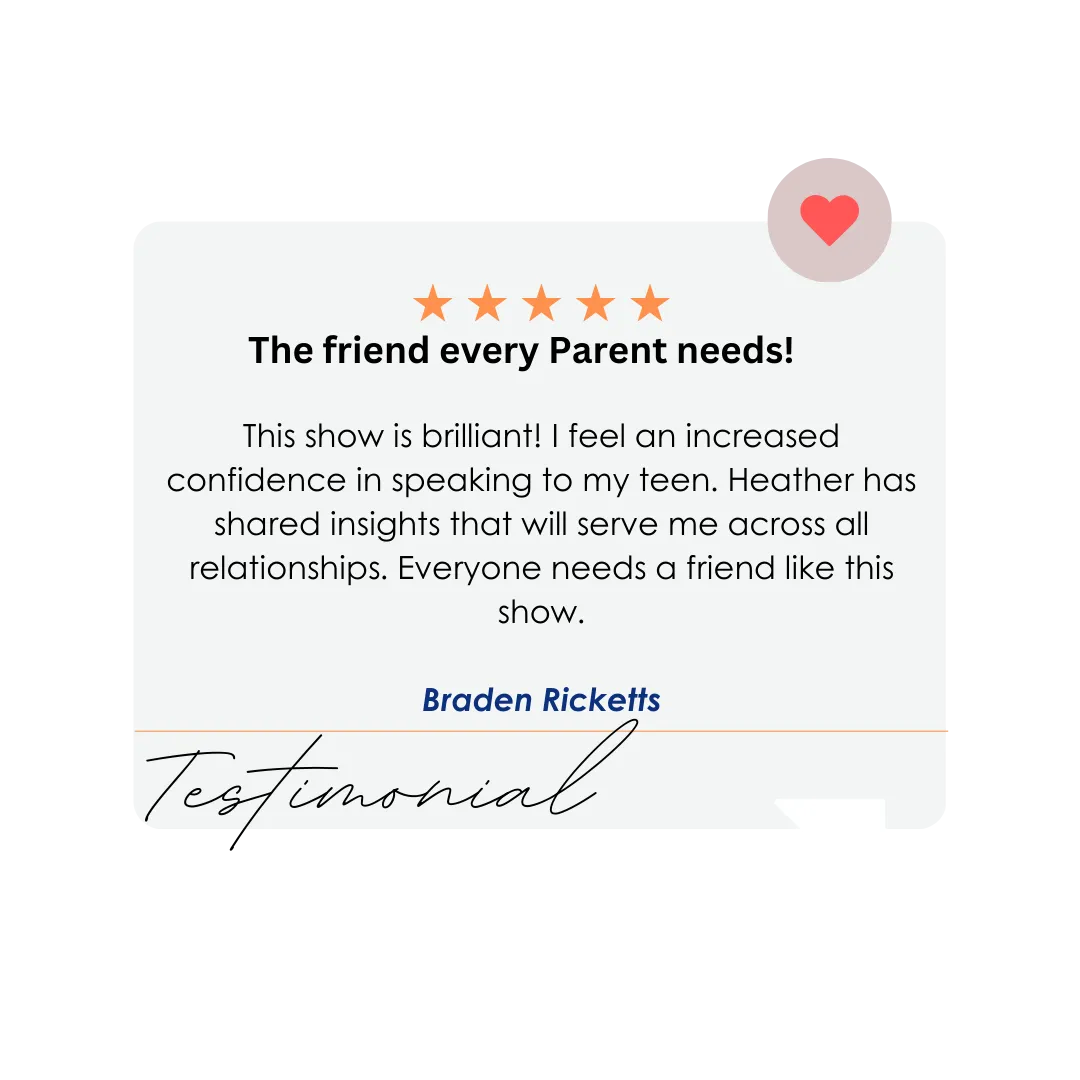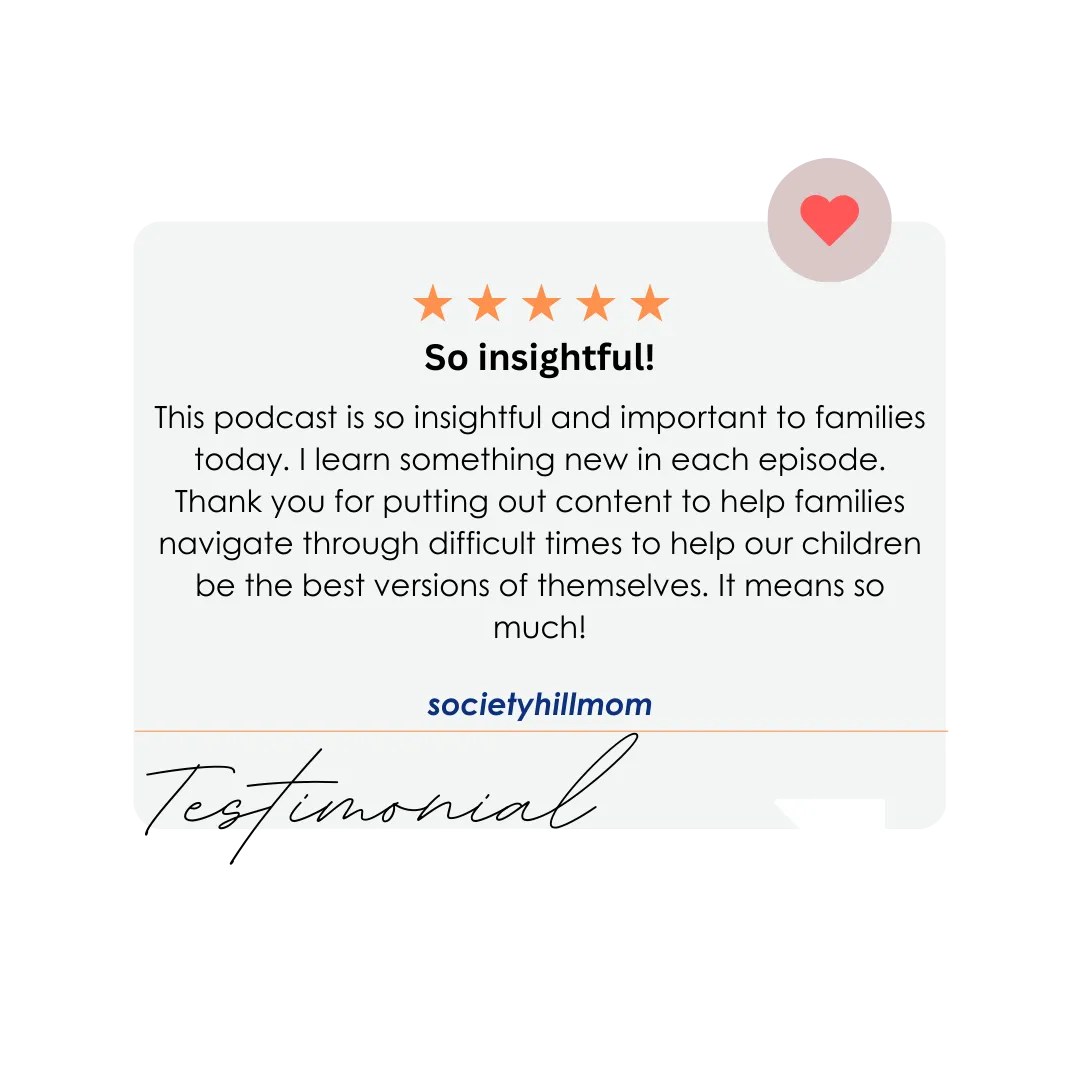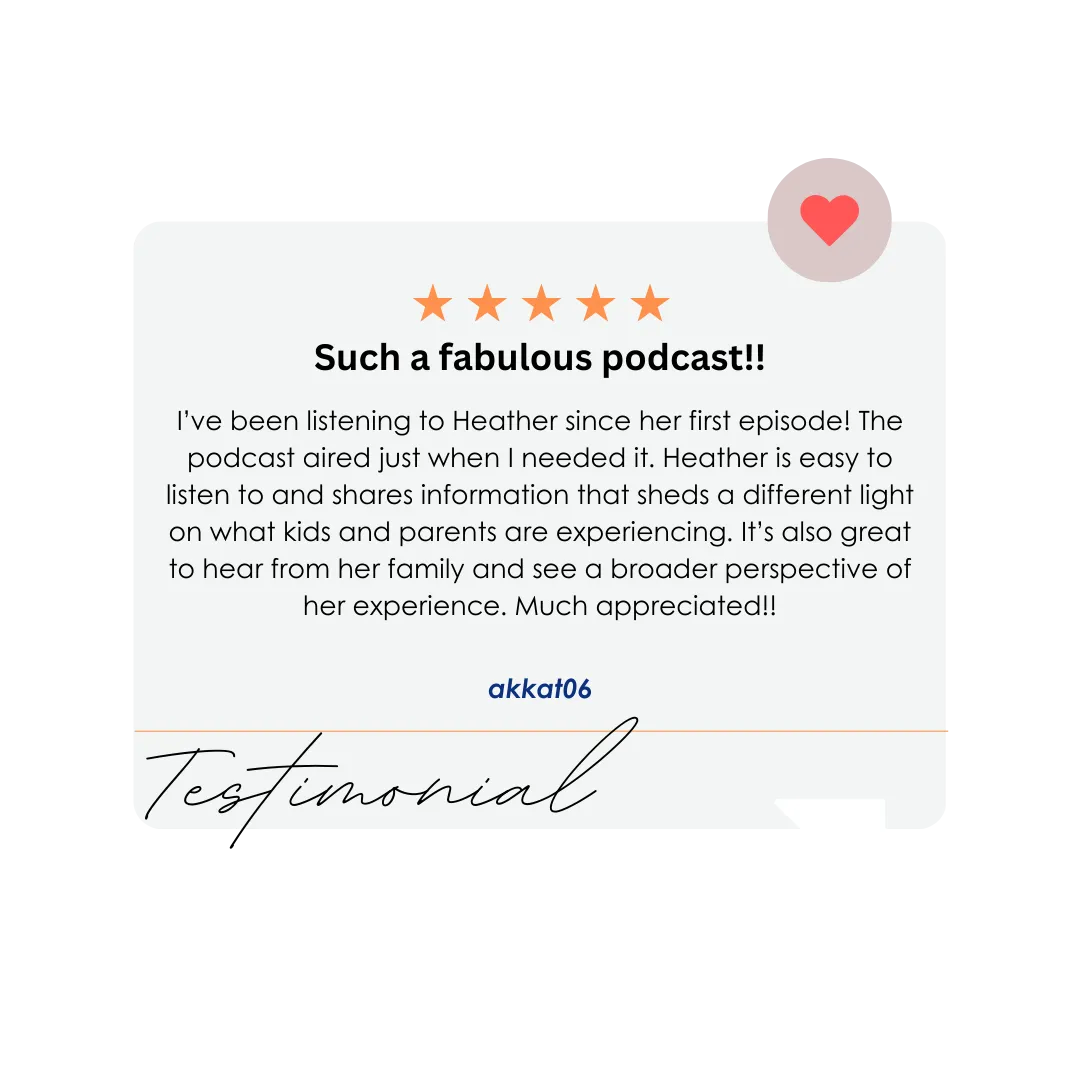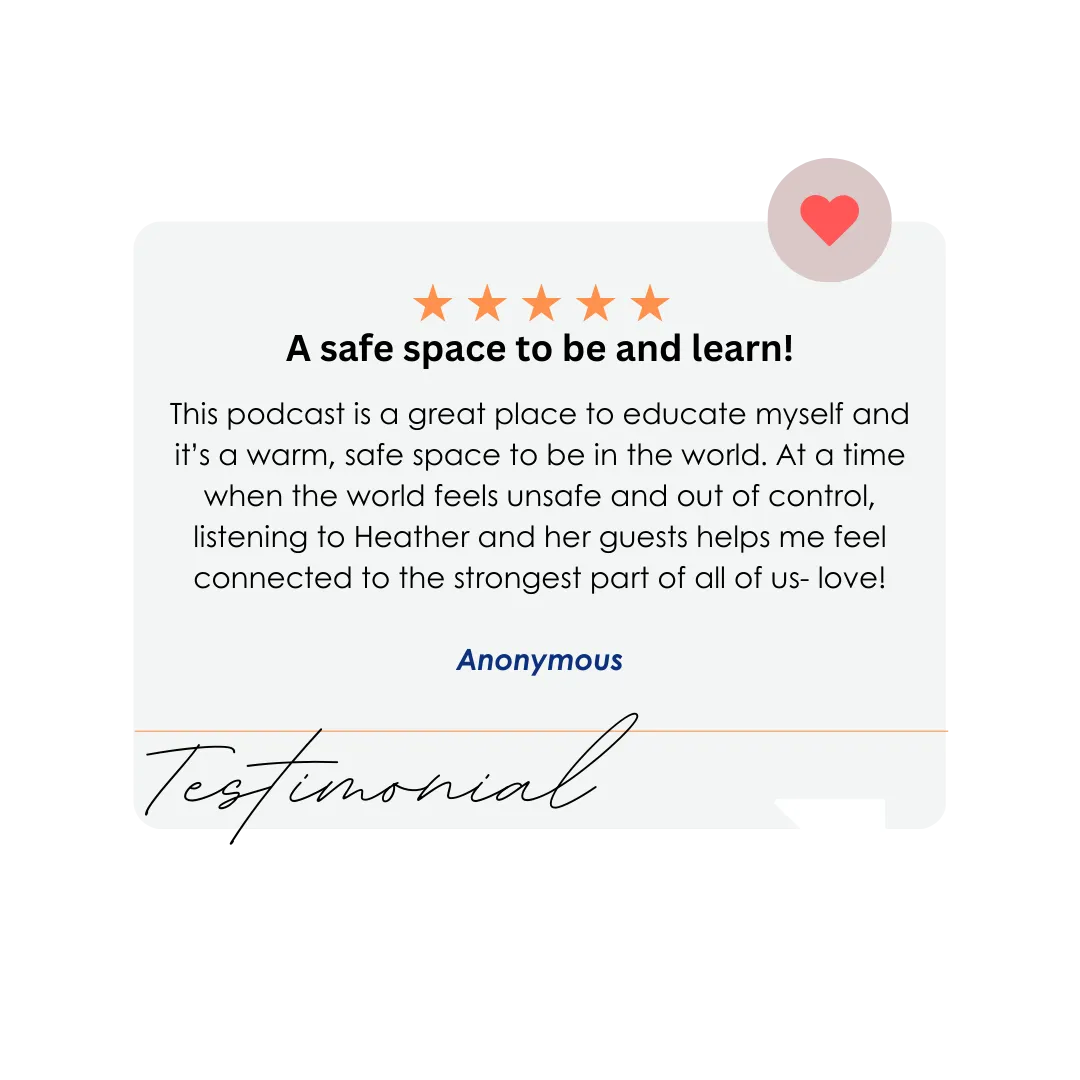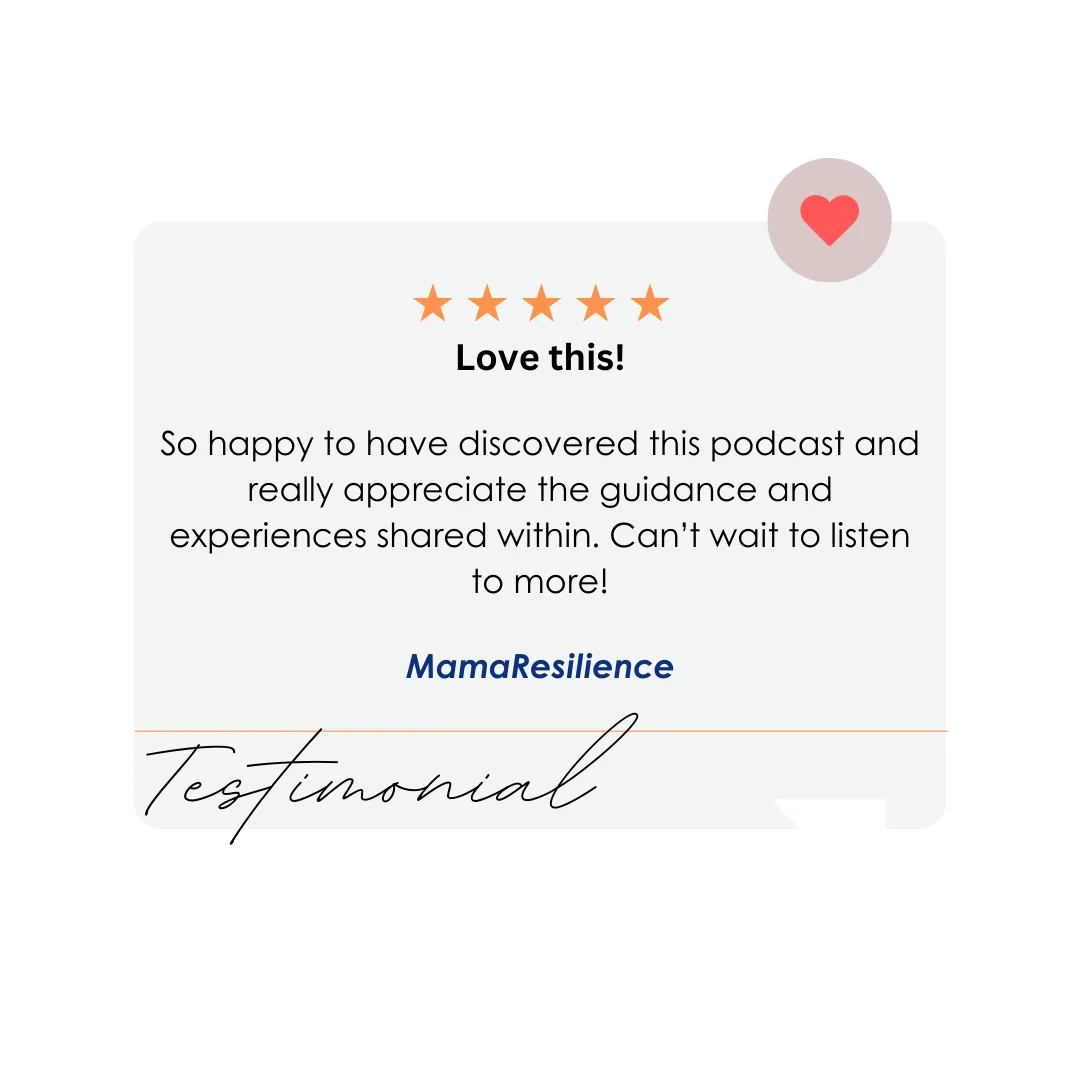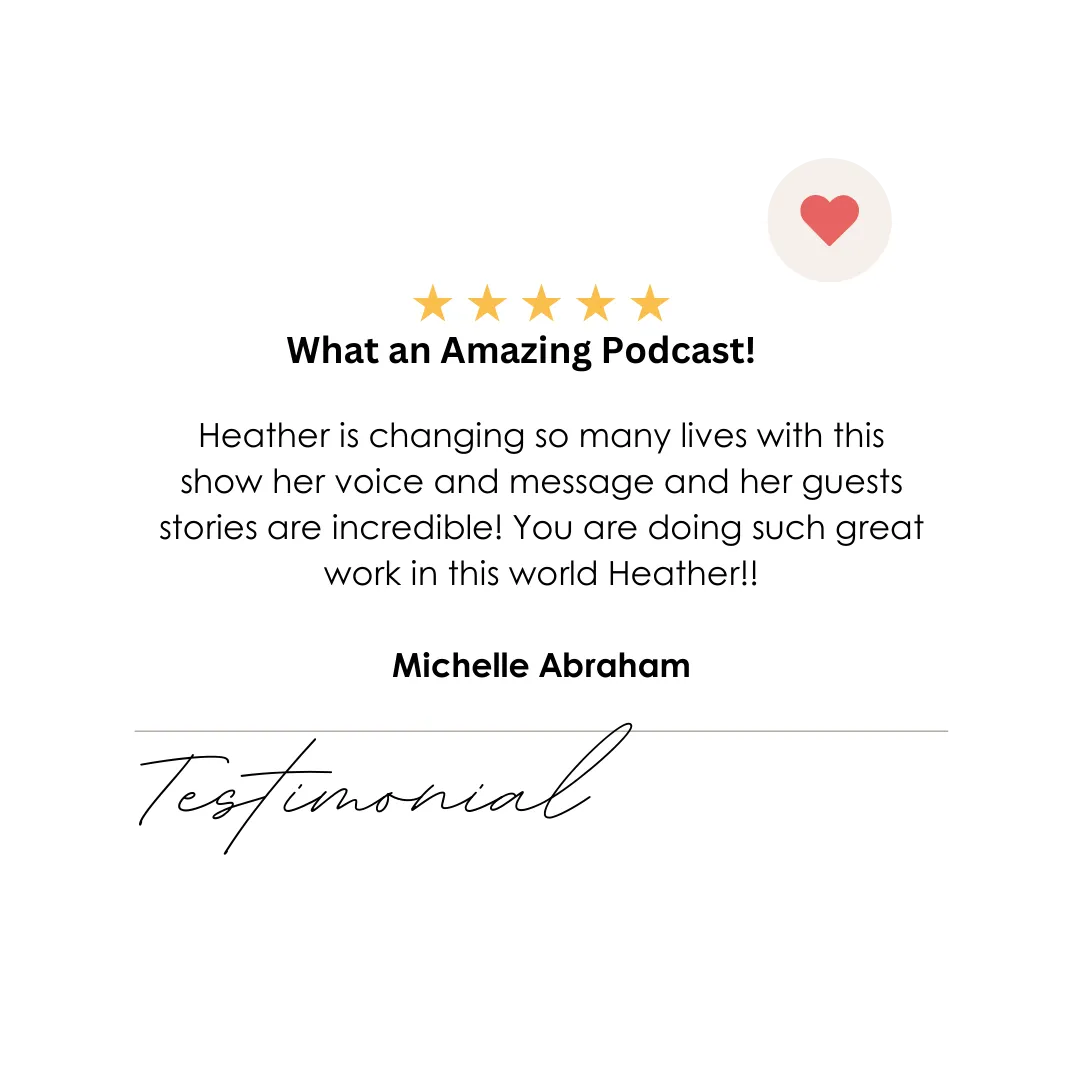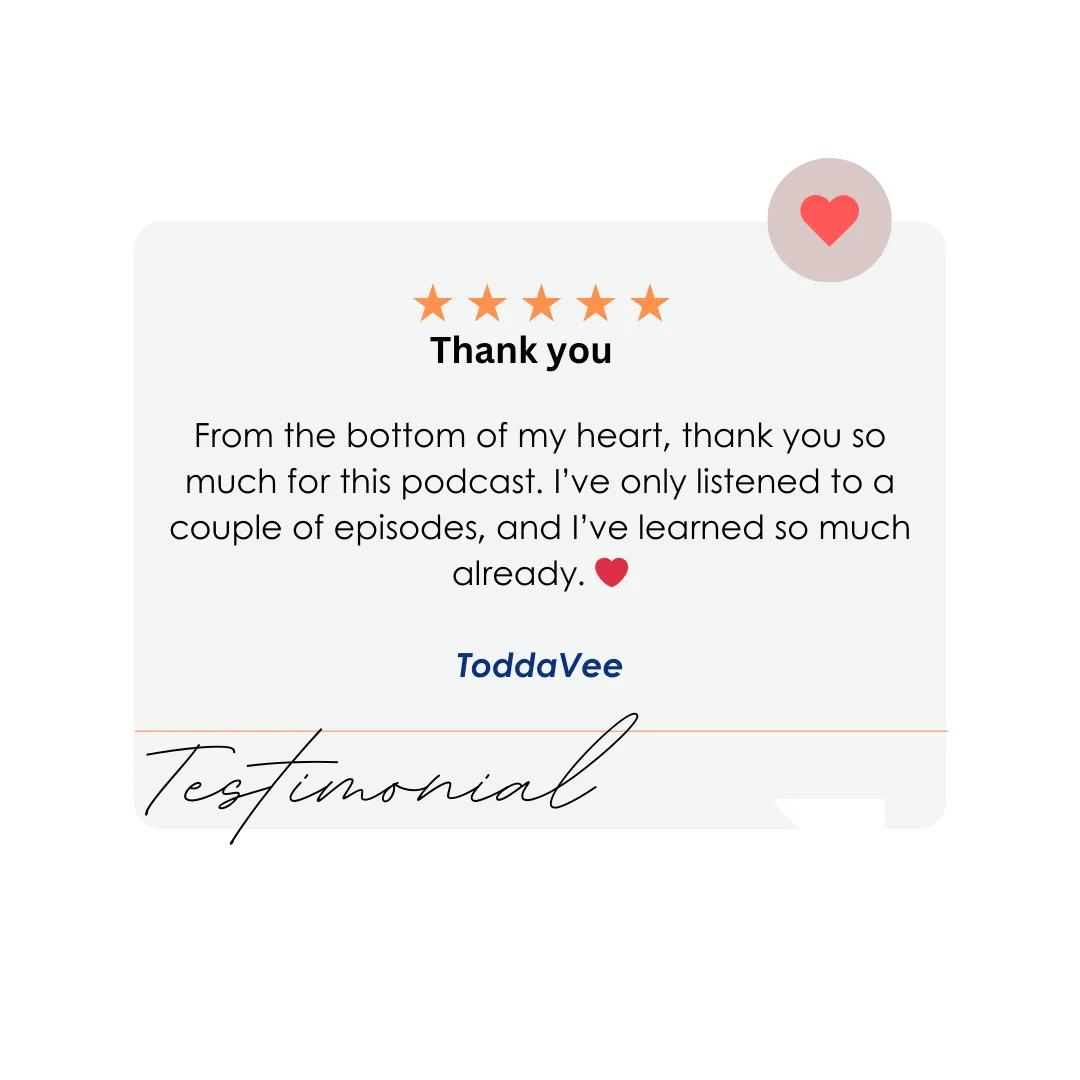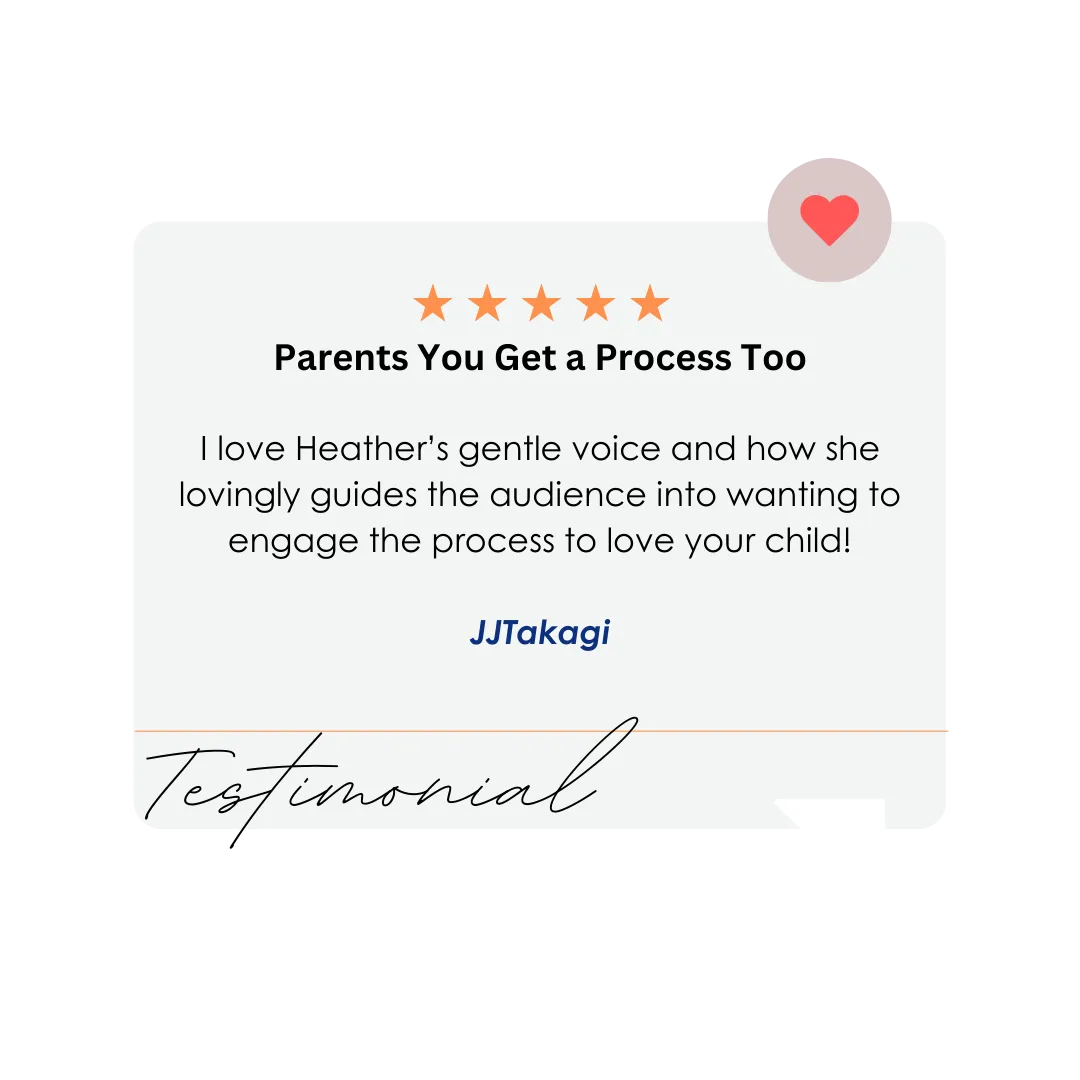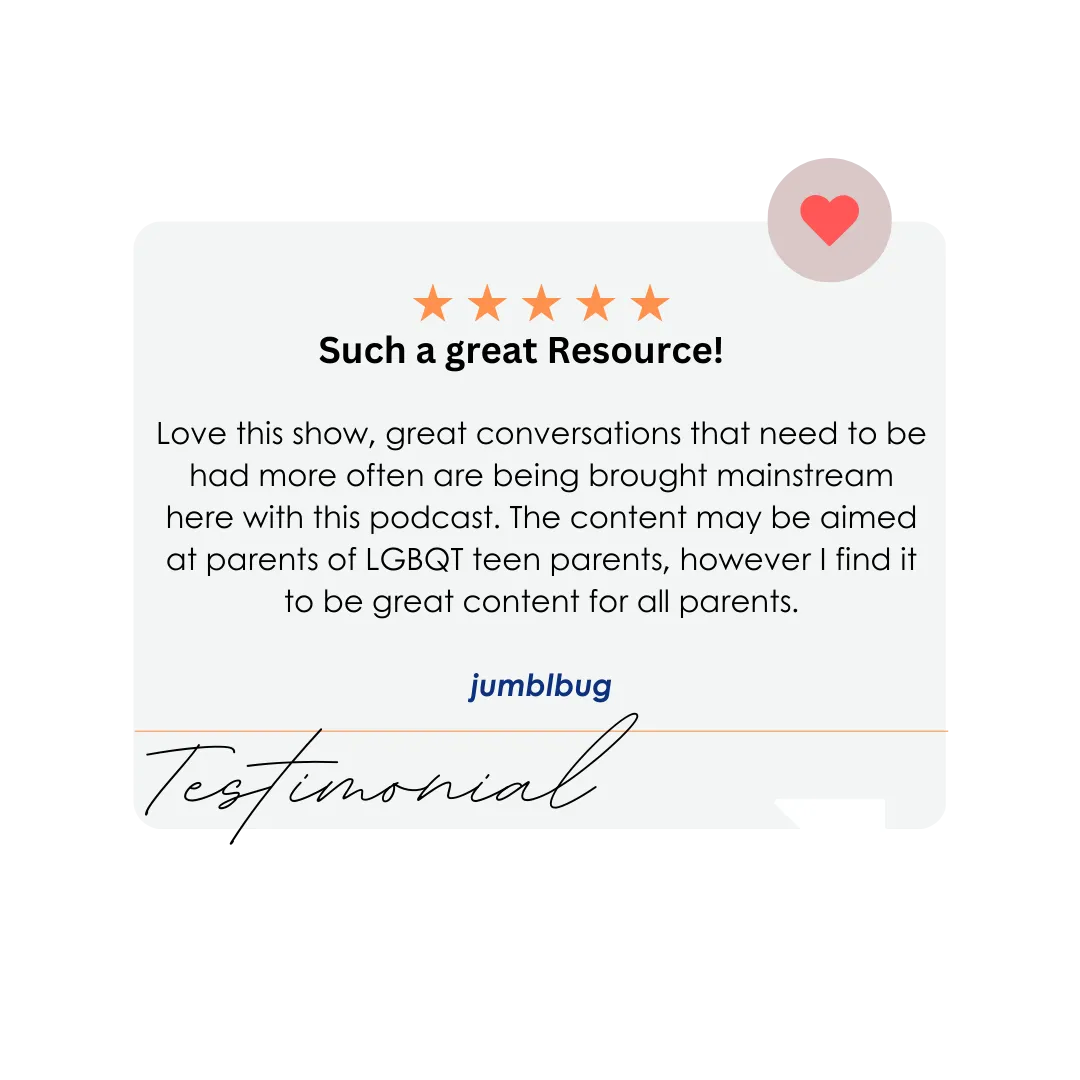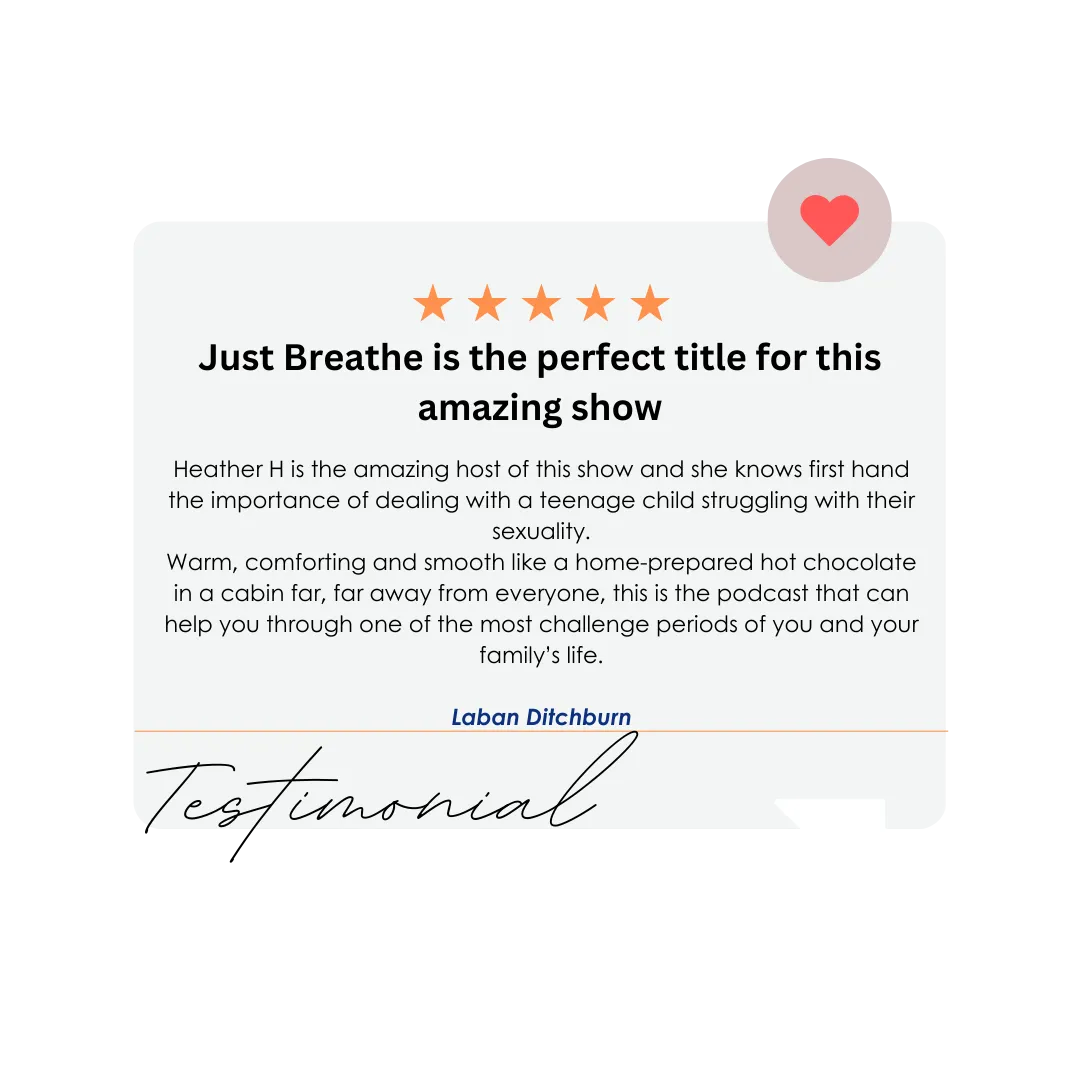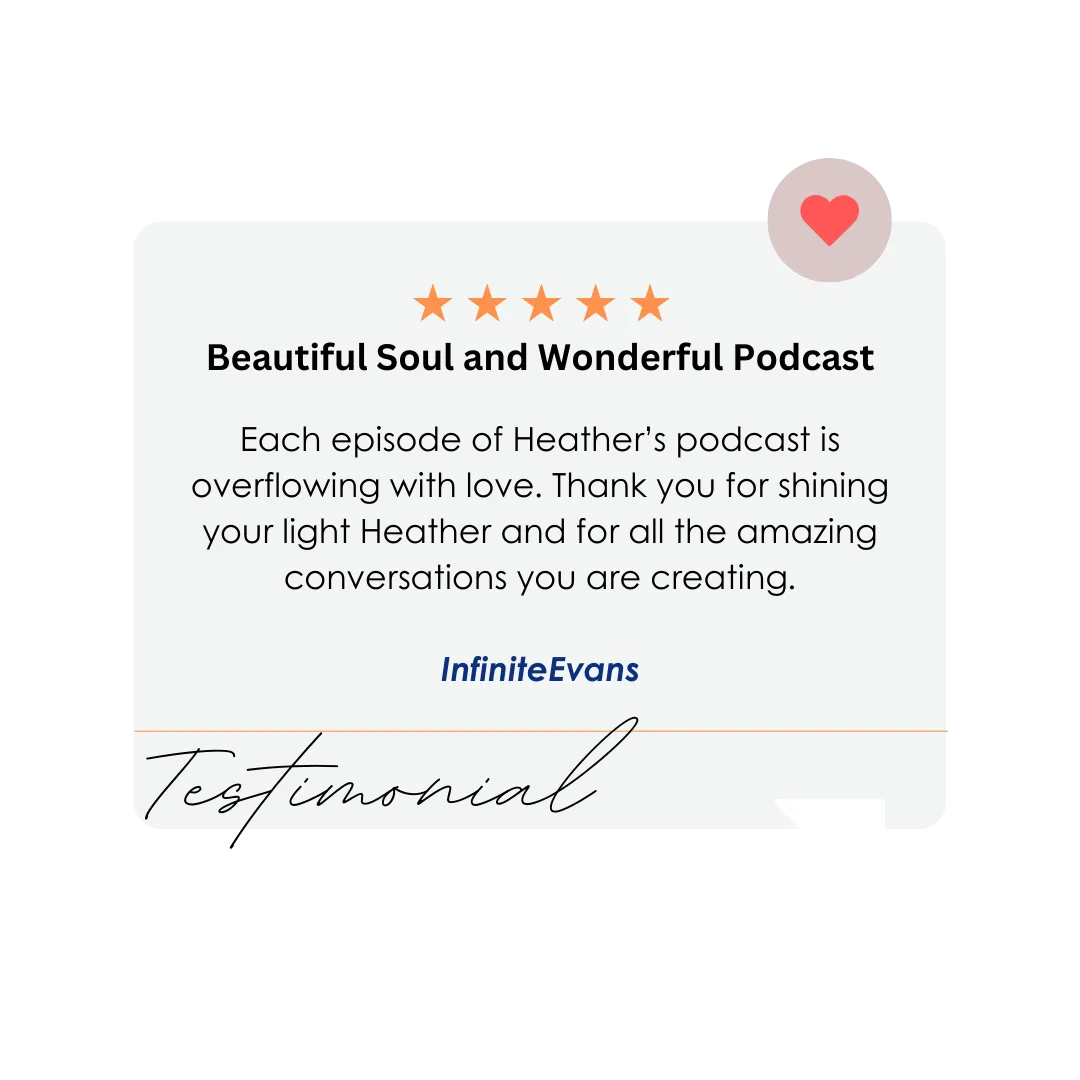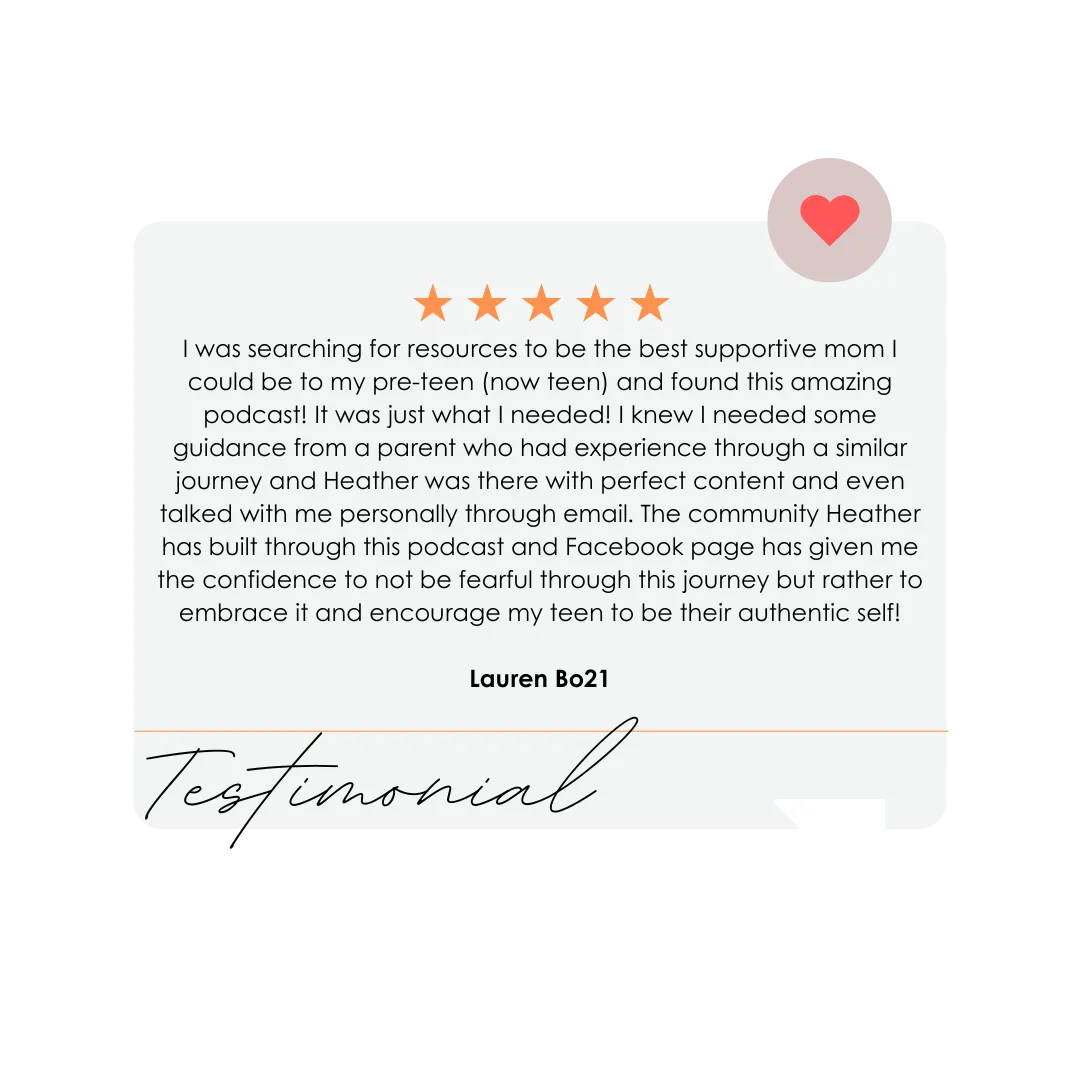
Solidarity • Advocacy • Empowerment
For all LGBTQIA2+ Individuals + Families, Organizations, and Schools through
Coaching, Consulting, and Education
Podcast
EPISODE 78:WHEN YOUR LGBTQIA+ LOVED ONE FACES NON-AFFIRMING FOLKS DURING THE HOLIDAYS
DISCOVER CHRYSALIS MAMA
Transforming the Conversation
Hi, my name is Heather Hester. Welcome to Chrysalis Mama.
You have probably landed on this page because your child or a loved one (grandchild? niece? friend?) has recently come out as lesbian, gay, bisexual, transgender, queer, or another sexual orientation or gender identity and you are looking for resources and tools. I know the joys and challenges of parenting an LGBTQ child.
Or, maybe you’re here because your company or organization is looking for Diversity, Equity, and Inclusion (DEI) speakers or consulting. I can help you with that!
Don’t panic. Take a deep breath. You are in the right place. I’ve been where you are. I’ve felt the shock, the joy, the terror, the growth, the unconditional love, the fierce mama bear response. It’s A LOT! And, it can be challenging to find support, guidance, resources, and education. That’s why I’m here.
Chrysalis Mama is the product of our family’s journey with depression, anxiety, and embracing our son, who, among many wonderful traits, is gay. It is my desire to pass on valuable information and offer support to those who are on a similar journey of loving and raising an LGBTQ+ child.
My mission is to transform the conversation around embracing, education, empowering, and loving LGBTQIA+ adolescents, teenagers, and young adults.
You may be asking – how do we change this conversation? I believe it starts within each one of us, blossoms within our families, and then grows within our communities and beyond. My principles are simple yet effective – To embrace, educate, empower, and love.
I am grateful for this opportunity to connect with parents, allies, advocates, and all who are, among all of their many wonderful traits, LGBTQ!
Nestled in this site you will find:
My award-winning podcast, Just Breathe: Parenting Your LGBTQ Teen
An in-depth blog
Resources, including a glossary and mental health support
Details on the keynote and workshop speaking opportunities I offer
Multiple other ways to connect and learn!
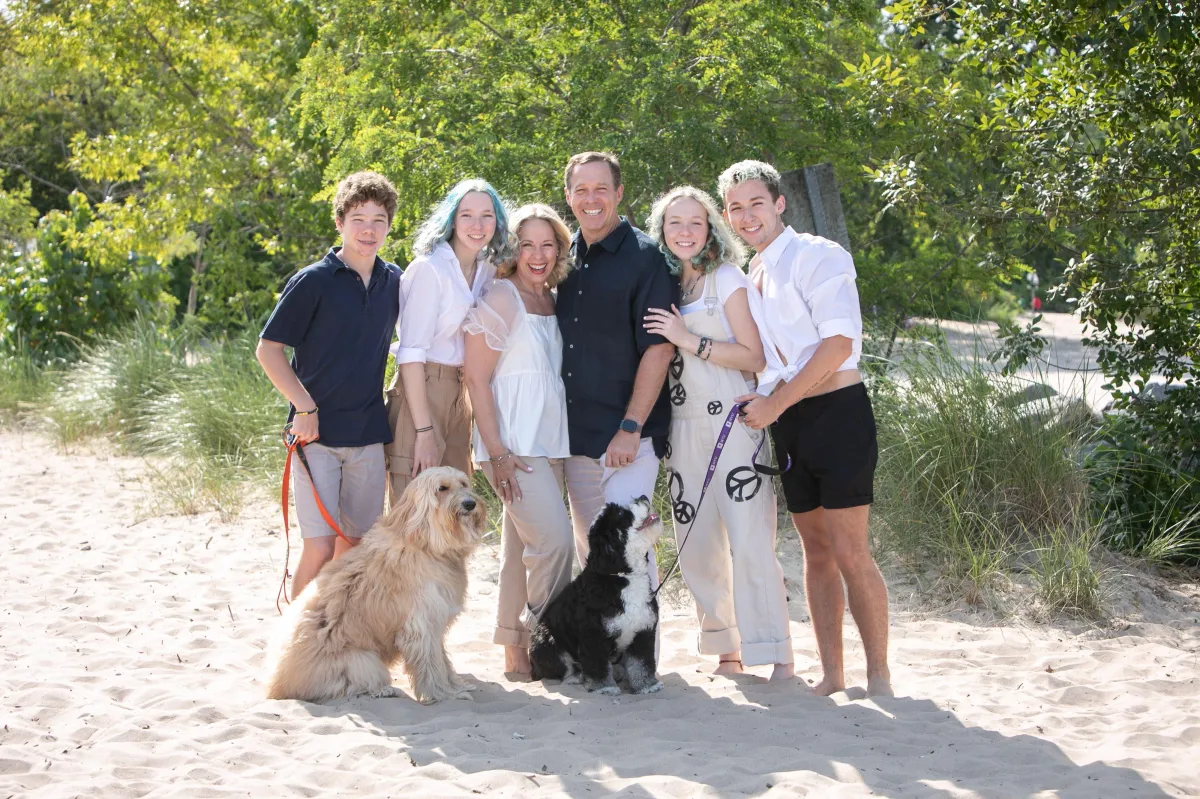
PODCAST
Do you have a child, teen, or young adult who identifies as lesbian, gay, bisexual, transgender, queer, or another sexual orientation or gender identity?
Do you feel alone in your effort to support them on their journey or navigate your own?
Do you want to learn how to make your work environment more inclusive and well-informed?
Using a combination of solo episodes on in-depth topics and interviews with fascinating guests. Just Breathe: Parenting Your LGBTQ+ Teen helps calm you, educate you, inspire you, and support you on this beautifully unpredictable journey.
BLOG
Covering topics ranging from the LGBTQ+ coming out process to mental health to improving diversity, equity, and inclusion in corporate spaces - the Chrysalis Mama blog is a space to learn, grow, and become empowered.
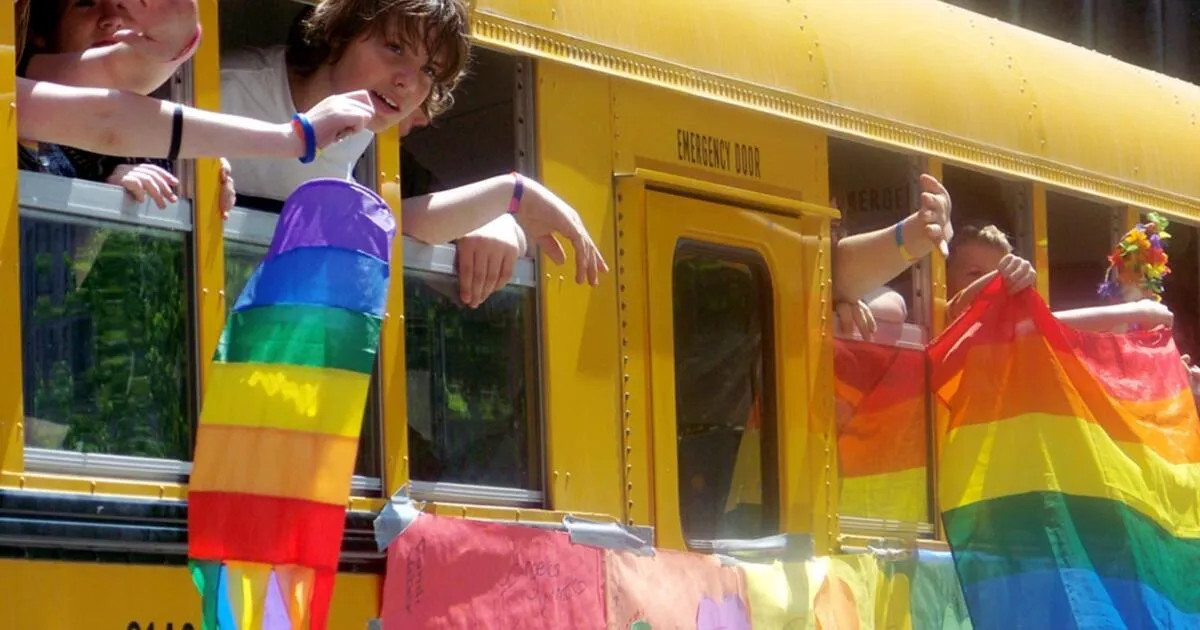
Supporting LGBTQ Kids: School and Mental Health | Chrysalis Mama
Custom HTML/CSS/JAVASCRIPT
Where School and Mental Health Intersect for our LGBTQ+ Kids
For LGBTQ+ children, school can be a rough and turbulent experience. Even during this time of COVID-19 when remote learning or hybrid schedules are common. While not the case for all, some will excel and soar through school with no issues, and others will experience struggles.
These struggles may relate to the staff at the school or other children, or they could be the result of existing issues. Let’s explore some of the problems and concerns that you need to be aware of as a parent. And the right steps that you can take.
Bullying
Bullying is a common problem for LGBTQ+ children. According to the Human Rights Campaign Youth Report, LGBTQ+ adolescents are 2x more likely to be harassed than their straight peers. The good news is that as time goes on, people, specifically Gen X’ers and younger, are far more accepting, allowing kids to embrace their identities.
However, it’s still an issue that you need to watch for as a parent. Kids are bullied for all sorts of reasons. Whether it’s their gender identity, sexual orientation, the shape of their body or another physical attribute, or even a specific hobby or interest. In some instances, there appears to be no reason for bullying at all.
So, what are some of the signs of bullying? Make an effort to ask your child about your day at school. If they don’t want to talk about it or they dodge the question, then this could certainly be a sign that something is wrong. Try to maintain an open and honest relationship with your child. Encourage them to confide in you and let you know if they have any issues.
Be aware that bullying can leave physical marks. If you notice this, question whether your child may be suffering from issues with physical abuse. This is a worrying and frightening concern. If you suspect bullying, take immediate action. The school should have a zero-tolerance policy for this behavior and provide all the support you need. The critical thing is that your child should never feel like they are going through this alone.
Self-harm
Self-harm is increasingly common in the younger population these days. One poll revealed that more than 70% of teenagers self-harm at some point before they reach the age of eighteen. This issue is far more common in girls and adolescents in the LGBTQ+ community.
A common misconception is that adolescents who self-harm mark their arms and wrists. While maladaptive, this is a powerful, very private coping mechanism. Be aware that they will harm other parts of their bodies that aren’t as noticeable.
Self-harm can also be an addictive behavior. One of the reasons adolescents self-harm is that it provides relief due to the endorphins released by the body. This sensation can become quite intoxicating so that even if a child isn’t depressed, they continue to self-harm. It can start at an early age and be triggered by various issues beyond abuse and bullying. An obvious sign of self-harm will be a sharp object kept in a room or something bloody in the bathroom like a razor. However, it will likely be more subtle as your child will work hard to hide any signs from you.
Once you identify the issue, get your child professional support. They will overcome it, but they will need help to identify the underlying causes and heal those first.
Depression And Anxiety
Depression and anxiety are potentially related to other struggles already addressed and identified in this article. The difference between feeling depressed and depression is that depression occurs an individual suffers from a deep sadness for an extended period. That period could be days, months, or even years. Depression can leave a child with low energy, lack of motivation, or feelings of hopelessness. One of the most common signs of depression is sleeping for extended periods. If you find that your child is consistently sleeping for hours throughout the day and going to bed as soon as they get in from school, this is something to consider.
Adolescents with anxiety can also struggle to go to school. They may suffer from anxiety attacks in the morning and struggle to find the confidence needed to attend their classes or other activities. Depending on the severity, anxiety can cause your child to feel frozen, overwhelmed, and jittery.
LGBTQ+ adolescents are 6x more likely to experience anxiety and depression than their heterosexual peers. The Anxiety and Depression Association of America (ADAA) has helpful tools and strategies. The Trevor Project is another excellent resource.
Cognitive therapy can help with anxiety and depression by teaching your child coping tools that they can use specific to how they are feeling. Medication is also an option, but one that should be discussed with a psychiatrist who works with adolescents.
Clothing Choices
It’s quite common for LGBTQ+ children to have a unique style and specific preferences when it comes to clothing and accessories. For instance, you might find that your teenage boy wants to wear glasses designed for women. This is something to consider when looking at a list of glasses. Alternatively, your young girl could be more comfortable in men’s clothing. This could be an issue if your child’s school has a dress code or even a uniform. Schools aren’t always receptive to the idea of children embracing their personal style preferences.
Ultimately, the most important thing is that your child feels comfortable in whatever they choose to wear to school. You need to be open to these ideas and ready to fight in their corner. While it may take work convincing staff and schools to let your child dress how they want. It will be worth it in the end and ensure that your child has a more comfortable experience at school.
Lack Of Understanding From Teachers
You might find that your most significant issue is that there are teachers. Who aren’t receptive to your child’s individual needs, requirements, and feelings? Be aware that it’s not always kids who can make a child’s time at school a nightmare. Teachers can also be a serious issue. You may need to step in to help your child change classes, or in extreme cases, you may even need to consider switching schools.
Typical Troubles
Finally, it’s essential to realize that LGBTQ+ children can also experience developmentally typical struggles. They may get stressed about exams or boys and girls that they like. They could get distract by rough relationships with boyfriends or girlfriends. And they might stress about getting the grades that they need to get into college.
There are layers of struggles that the parent of an LGBTQ+ child will face. Some are consider typical adolescent and teenage behavior or issues and others are very specific to those in the LGBTQ+ community. While anyone can suffer from anxiety, and anyone can have to deal with teachers that don’t understand them. As a parent, you will need to look out for issues like this and provide the support that your children will need.
You, as a parent, are the first port of call when any of these abuses or changes occur in your child’s life. You can be the best superhero in their eyes, but you need help. Don’t think that you are enough of a support structure to help your child because you are the parent. Reach out to other resources because the “burden” is heavy, not just for you but for your child too. Depression, bullying, self-harm, and more will not only manifest physically but mentally and emotionally too.
Get professionals on your side, from the school counselor to Mental Health Professionals and even support groups. And don’t only use these resources for your child. Use them for yourself, too (even if you don’t think you need them, you need them).
Loving and raising an LGBTQ+ child is a very special journey that comes with very specific joys and challenges. It is vital - not to mention time, money, and potentially life saving - to work with someone who has traveled a similar path.
Here is why - in additional to the benefits of that person's life experience and the knowledge that comes along with it, you also get empathy, validation, and someone who can hold space for you.
Looking for a speaker or presenter on the topic of LGBTQ youth or allyship for your organization or event? You're in the right place!
I have intense life experience on the topic coupled with hundreds of hours consulting with professionals.
Audiences appreciate my raw and empathetic approach.
Parents and allies appreciate the relevant information and stories that provide them with education, tools, and strategies as well as the knowledge that they are not alone!
WORK WITH ME
You are likely on this page because your child or a loved one has recently come out as lesbian, gay, bisexual, transgender, queer, or another sexual orientation or gender identity and you are looking for resources and tools. I know the joys and challenges of parenting an LGBTQ child.
Or, maybe you’re here because your company or organization is looking for someone
to lead LGBTQ+ Allyship workshops or speaking events. I can help you with that!
Don’t panic. Take a deep breath. You are in the right place. I’ve been where you are. I’ve felt the shock, the joy, the terror, the growth, the unconditional love, the fierce mama bear response. It’s A LOT! And, it can be challenging to find support, guidance, resources, and education. That’s why I’m here.
WHAT PEOPLE ARE SAYING ABOUT HEATHER


ABOUT
CONTACT
Looking for tips, tools, and strategies along with a little peace of mind? I invite you into the Chrysalis world!
I am grateful for all who have asked how they can help further this mission!
© 2024 Chrysalis Mama • All Rights Reserved
